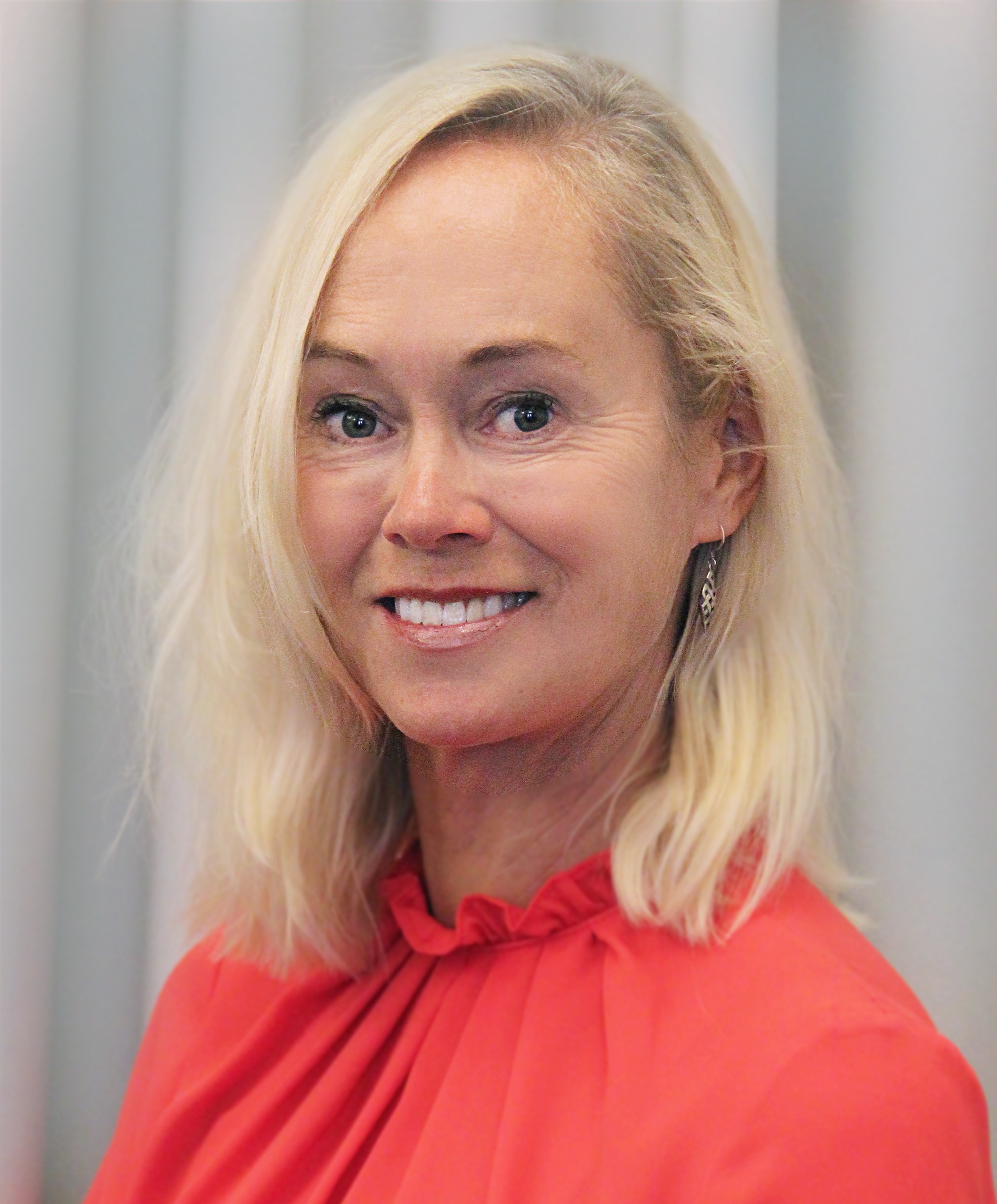PERSPECTIVES
The presence of plastic particles, better known like microplastics, in fresh water is an actual issue for the environment, and finding a method that allows people detecting them in an effective way would help human beings finding a solution.
Up to now, investigator all over the world use spectrophotometry and chelating agents for detecting them but nobody use sound to do it. With water taken from different points of the river of Pamplona: in Olloki (before entering in the city and without entering water treatment plant), in the Club Natación (over the city) and in Ororbia (after de city and the water treatment plant).
With a high speaker, a tuner and some other instruments from the laboratory, it has been created a simple and useful method to found microplastics in the water; not even before made some controls just to guarantee that what it was being measured was plastic and the investigation has not been influenced by other things such as sediments, stones or the biodiversity of the river.
This is how I came up with the idea for this project:We are two students who love conducting research. We joined the Robotic and Scientific Investigations Club at our school. There, we started developing this project till today. All of this, our concern for the environment, our musical interests and knowledge, have been the key factors of this project.
AbstractThe presence of small plastic particles, also known as microplastics, in freshwater is a current issue that poses a significant environmental problem and detecting them effectively would be an important step towards finding a solution. Various methods have been used so far to detect them, such as spectrophotometry, chelating agents, etc., but no one has detected them through sound. Using river water collected from different points in Pamplona: in Olloki (before entering the city), in Club Natación Pamplona (through the city centre) and in Ororbia (after the city); with a speaker, a tuner and some laboratory instruments, a simple and useful procedure has been created to find microplastics in the water, not without conducting several controls to ensure that plastic is truly being measured and that the research is not influenced by other agents such as sediments, stones, biodiversity, salt or bottle materials.

Programme manager ania.andersch@siwi.org +46 8 121 360 59